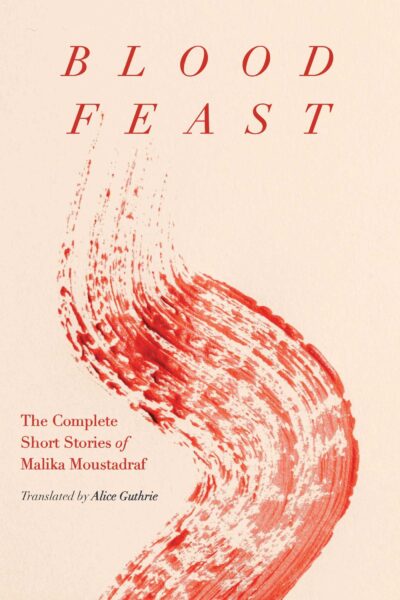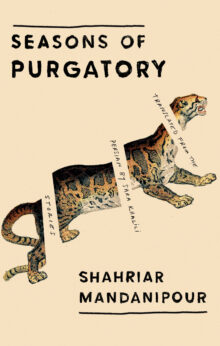Nauetakuan, a Silence for a Noise – Natasha Kanapé Fontaine
In NAUETAKUAN, Indigenous characters’ laughter disrupts the serious, restrained norms of literary fiction.
Capitalist modernity renders mothers and daughters as autonomy-desiring “units”; SALT reveals the ache of this separation.
When translator Sarah Booker came to Coffee House with pitches for the translation of both novels of Ojeda’s, the press thought it best to have JAWBONE precede NEFANDO, allowing the former to serve as amuse bouche to the latter’s more toothsome topics.
[TW: sexual abuse, child abuse]
The Delivery – Margarita García Robayo
Languages are not internally coherent, fixed entities. Instead of assuming that all speakers of a language can understand each other with perfect ease, The Delivery reveals the fissures, gaps, and spaces of incomprehension that can exist between speakers of the same language.
Human Sacrifices – María Fernanda Ampuero
The characters of these stories live in fear of the moment that a villain will grab hold of them. But there is another side to this fear: desire. The terrible thing, in Ampuero’s stories, also holds a certain allure.
Tales of Tangier: The Complete Short Stories of Mohamed Choukri
Even in the stories that project a more lighthearted air . . . there is a looming sense that something is horribly wrong, that the party is over.
Under a Kabul Sky: Short Fiction by Afghan Women
Given the cavernous absence of Afghan women short story writers in English anthologies of Persian literature, it is ground-breaking that we have collections like Under a Kabul Sky.
Prophetess – Baharan Baniahmadi
Slowly, she begins to sense the presence of all the world’s women in her own body, women who have been wronged by men or society in general. These voices fill her, erasing her own.
Blood Feast: The Complete Short Stories of Malika Moustadraf – Malika Moustadraf
Translated from the Arabic by Alice Guthrie, Blood Feast is a collection of fourteen stories that hiss and spit back at forms of unjust authority.
Seasons of Purgatory – Shahriar Mandanipour
Mandanipour, in Khalili’s translation, cultivates an unsettling sort of ambiguity, an open-endedness that makes these stories rich with enigma, asking to be read, then read again.












